
Low Blood Oxygen Levels Sleeping Shallow & Pausing Breathes
Sudden drops in blood oxygen levels that occur during obstructive sleep apnea increase blood pressure and strain the cardiovascular system. Many people with obstructive sleep apnea develop high blood pressure, which can increase the risk of heart disease. The worse the obstructive sleep apnea, the greater the risk of coronary artery disease.
:max_bytes(150000):strip_icc()/what-is-the-difference-between-cpap-and-bipap-3015316_V3-b23dc15b03c64577909062f8efe839c2.png)
Diferencias entre la terapia CPAP, BiPAP y ASV para la apnea del sueño
Normal and Abnormal Blood Oxygen Levels During Sleep. Low sleep apnea oxygen level is a sign that your treatment for sleep apnea is not effective. Patients with breathing problems during sleep (sleep apnea, COPD) often have low oxygen levels in their blood. Keep in mind that anything below 90% oxygen level is dangerous to your body and require.
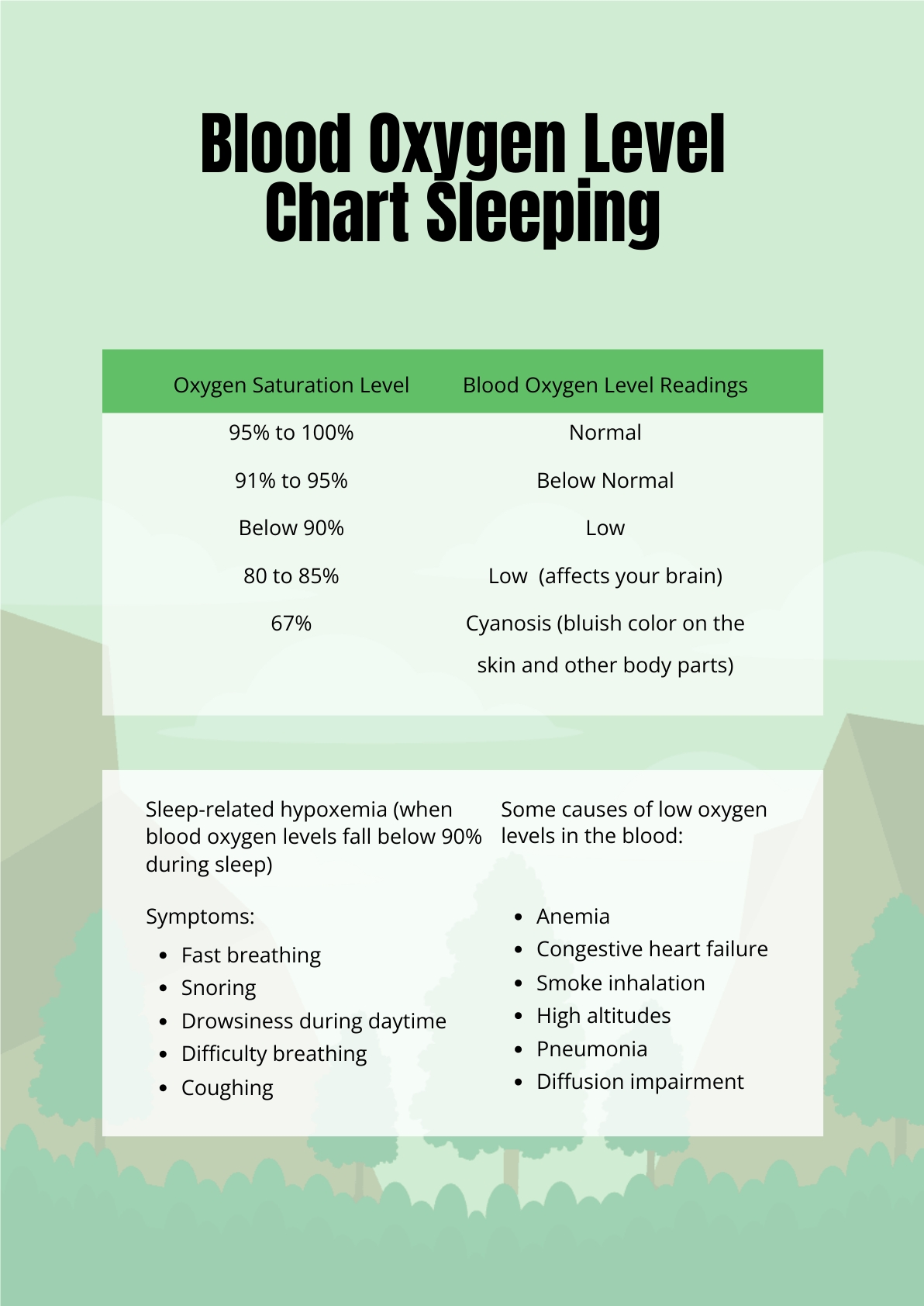
Free Blood Oxygen Level Chart By Age PDF
You might also feel quick-tempered, moody or depressed. Children and adolescents with sleep apnea might perform poorly in school or have behavior problems. High blood pressure or heart problems. Sudden drops in blood oxygen levels that occur during OSA increase blood pressure and strain the cardiovascular system.

Sleep Apnea Treatment Brea CA Snoring Treatment Fullerton
This is called a pulse oximeter, and it is used to find out how much oxygen is attached to your blood cells by measuring how light interacts with your blood. It's pretty cool medical science, and so easy! During sleep, 90% oxygen saturation is considered normal. When it dips below 90%, that's considered abnormal and called hypoxemia (low.
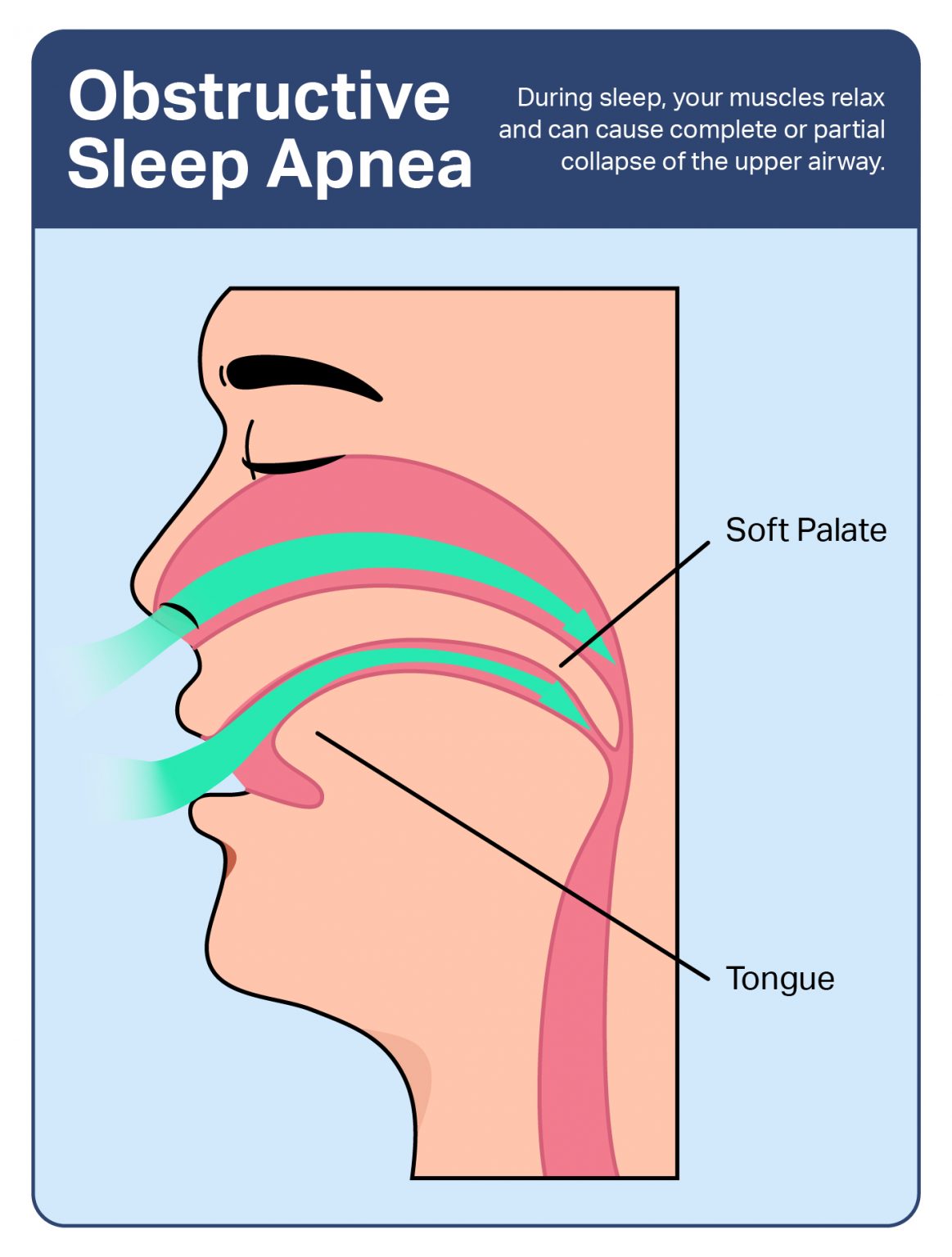
Obstructive Sleep Apnea Symptoms, Causes, and Treatments Sleep
An in-lab sleep apnea test, also known as polysomnography (PSG), is the gold standard used to diagnose sleep apnea. It measures multiple factors like your breathing patterns, blood oxygen levels.
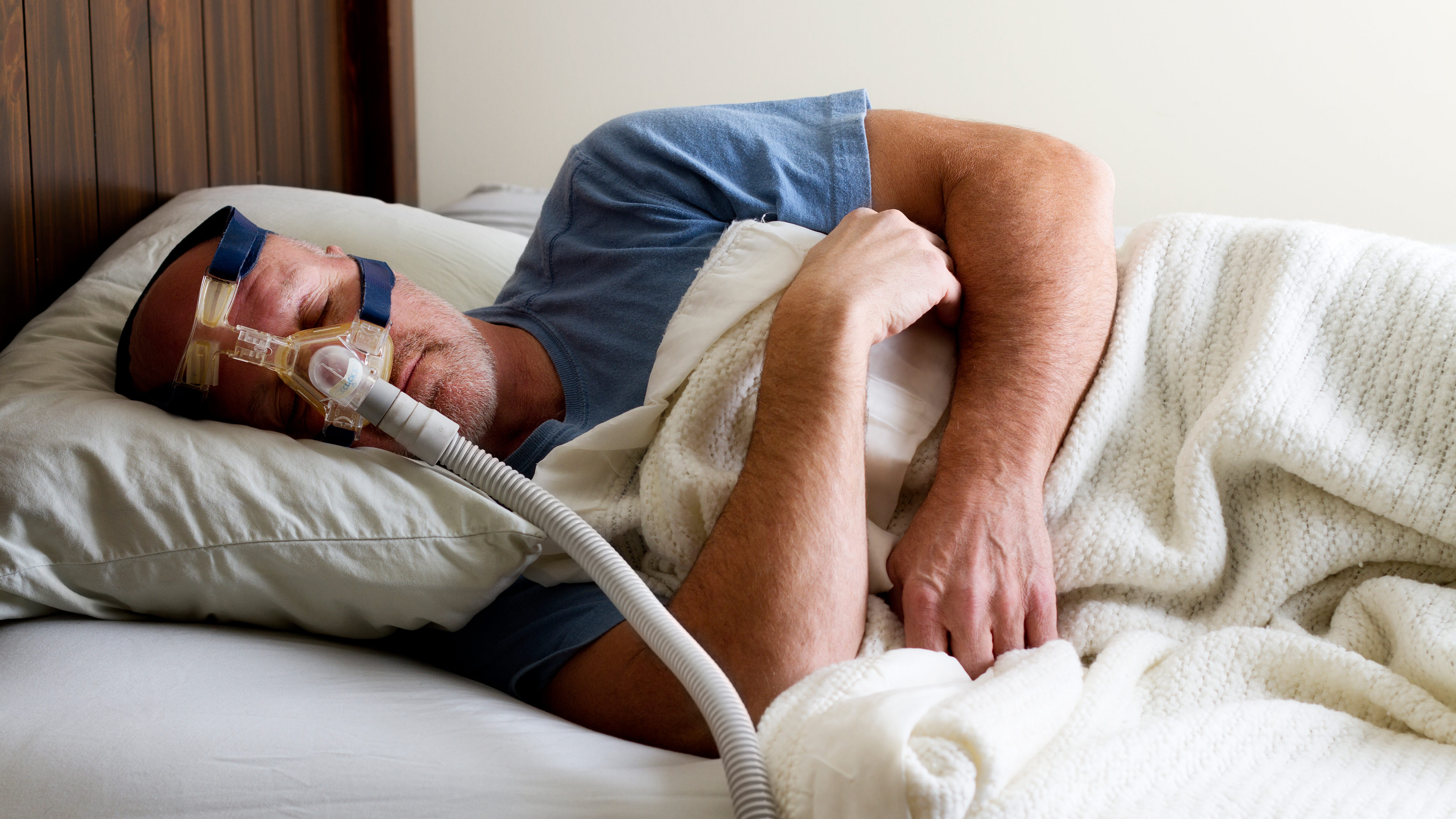
Sleep Disorders—Sleep Apnea AOPA
Purpose of Review Obstructive sleep apnoea (OSA) is increasingly found to have an impact on neurodegeneration. In this review, we summarise recent findings on the association between OSA and brain morphology, cognition, and processes related to Alzheimer's dementia (AD) and Parkinson's disease (PD). Recent Findings Associations between OSA and alterations in grey and white matter, brain.
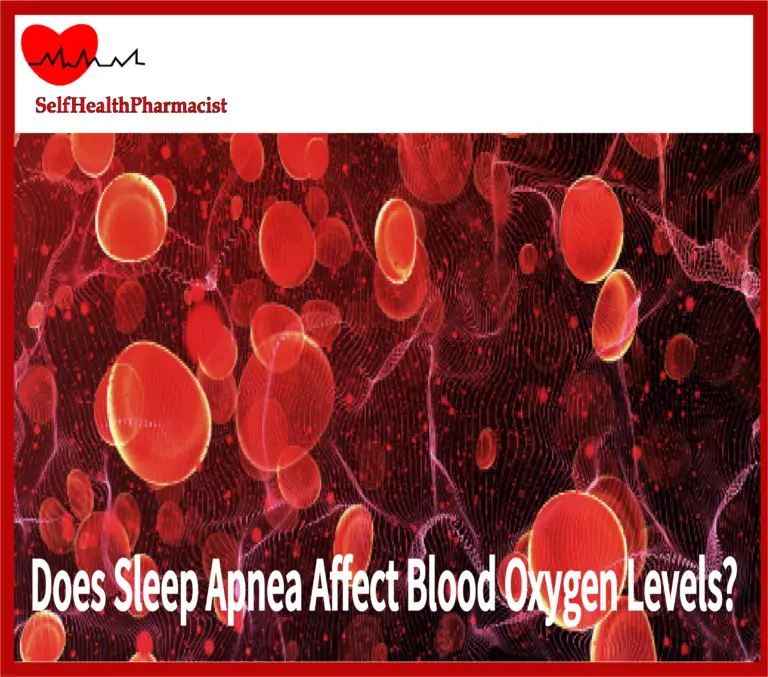
Does Sleep Apnea Affect Blood Oxygen Levels? Health
In the population with a high microarousal count, high AHI, and high times of blood oxygen decreased by ≥ 3% and high TS90%, the serum AP level was lower than that in the low-level population (P < 0.05). In the population with high L-SaO 2, the serum AP level was higher than that in low-level population (P < 0.05).
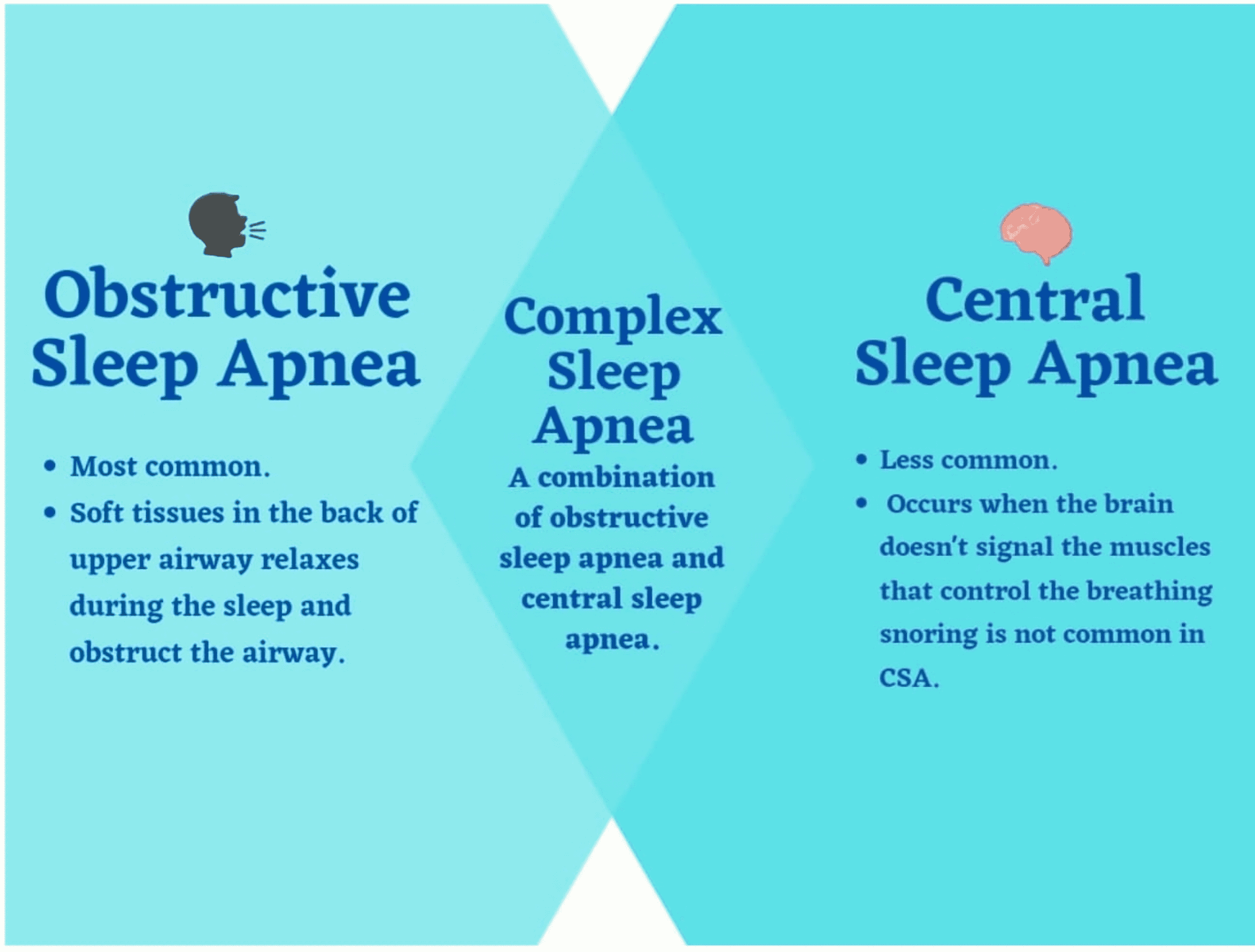
Cureus The Management of Obstructive Sleep Apnea in Primary Care
Normal oxygen levels during sleep range from 96% to 100%. Sleep apnea and respiratory disorders can impact oxygen saturation. Monitor and address any chest pain, shortness of breath, and concerning symptoms. Blood oxygen levels help show whether a person has enough oxygen in their body. Among health experts, there is no consensus on a universal.
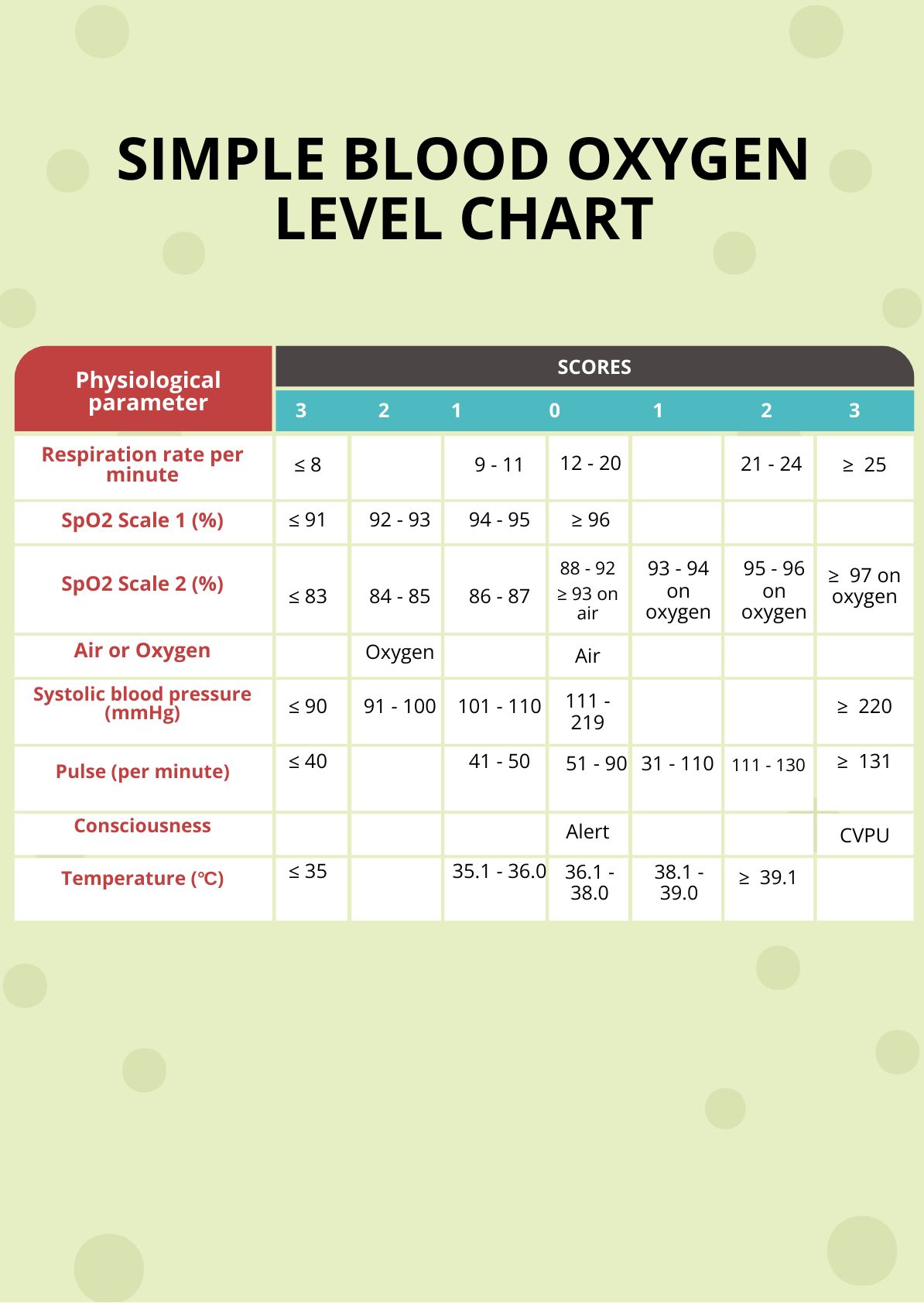
Simple Blood Oxygen Level Chart in PDF, Illustrator Download
If you are getting enough oxygen during the day, your blood oxygen level will generally be between 95% and 100%. An underlying illness, such as COVID-19, can lower daytime blood oxygen levels. During sleep. your breathing rate slows, so 90% is considered normal. With obstructive sleep apnea, repeated gaps in breathing cause blood oxygen levels.

What is Sleep Apnea? SnoreLab Insights and Snoring Science
Sleep Apnea, particularly Obstructive Sleep Apnea (OSA), can cause airway blockage during sleep, leading to interruptions in breathing and reduced daytime blood oxygen saturation levels below the normal range, which starts at 90% saturation. Low blood oxygen levels, or hypoxemia, resulting from sleep apnea episodes, can lead to serious daytime.
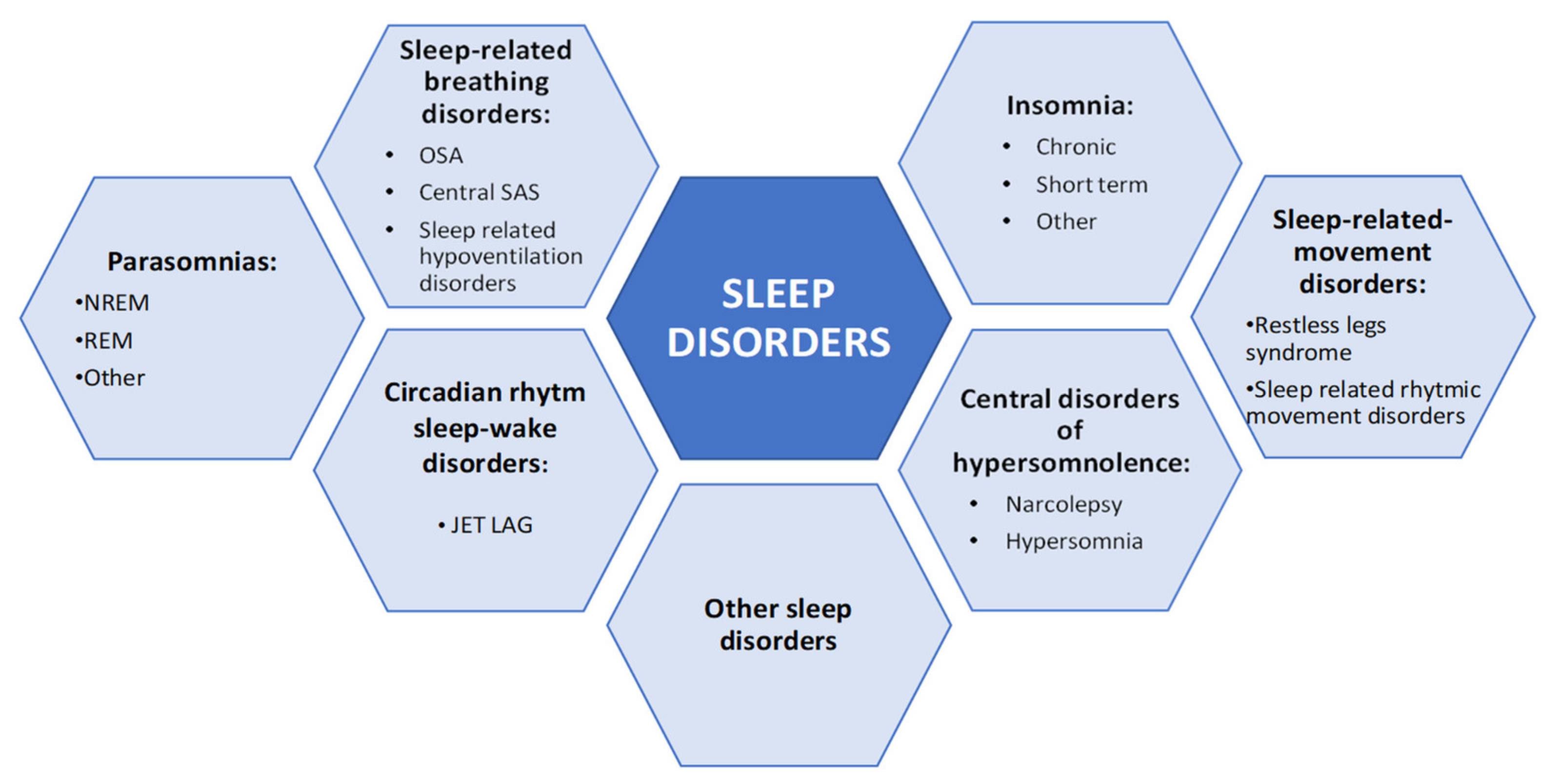
Comorbid Insomnia and Obstructive Sleep Apnea Encyclopedia MDPI
Blood oxygen levels normally drop a small amount during sleep, but not to low levels unless there is an underlying problem. A period of low blood oxygen during sleep is defined as less than or equal to 88% blood oxygen saturation lasting for five or more minutes. There are a couple of reasons a person may experience low blood oxygen levels.
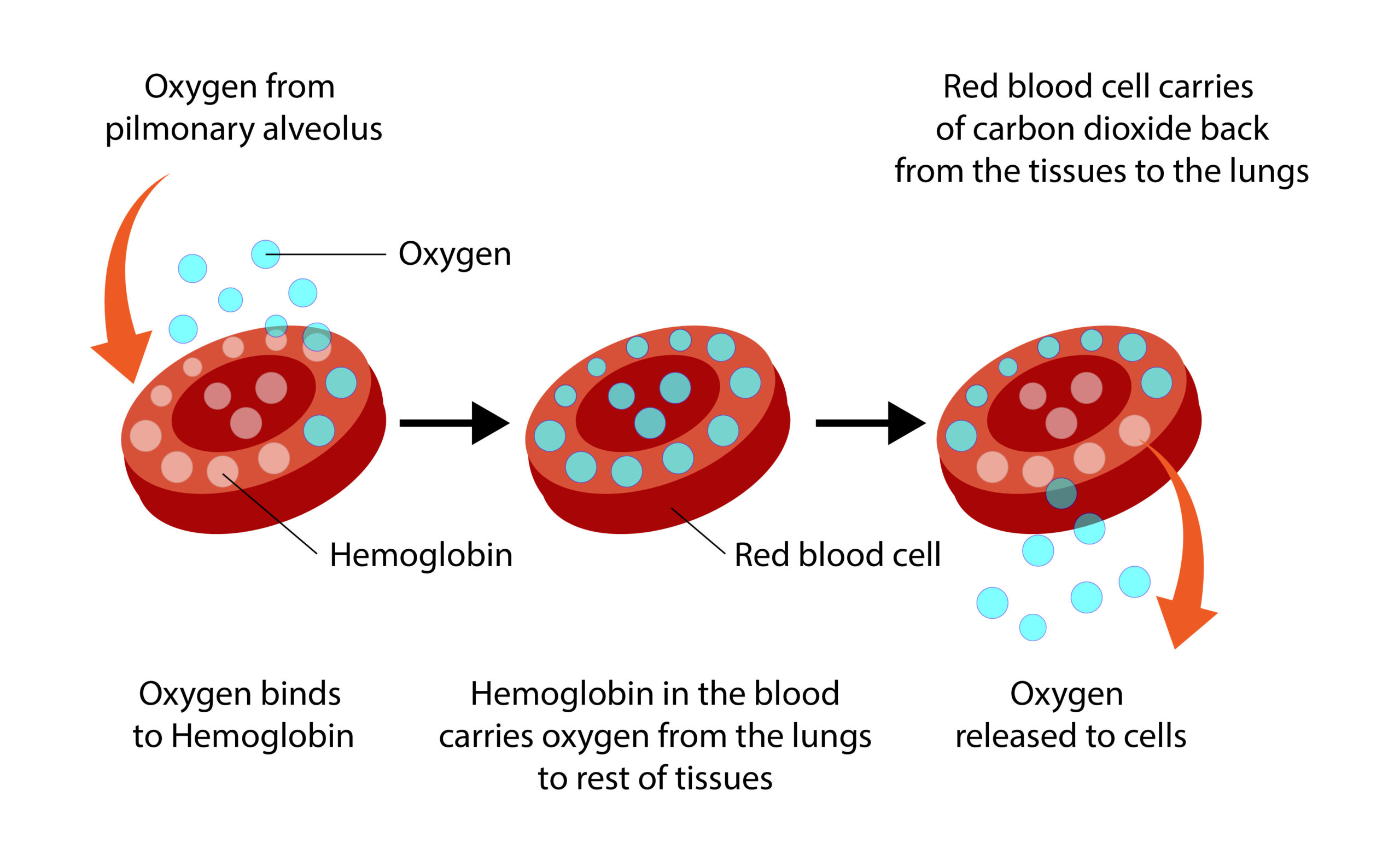
Understanding Blood Oxygen Levels Torontek
Central sleep apnea is less common than obstructive sleep apnea. Complex sleep apnea. This is a mix of symptoms found in both central and obstructive sleep apnea. During the apneic event, you can't breathe in oxygen or exhale carbon dioxide. This results in low levels of oxygen and increased levels of carbon dioxide in the blood.
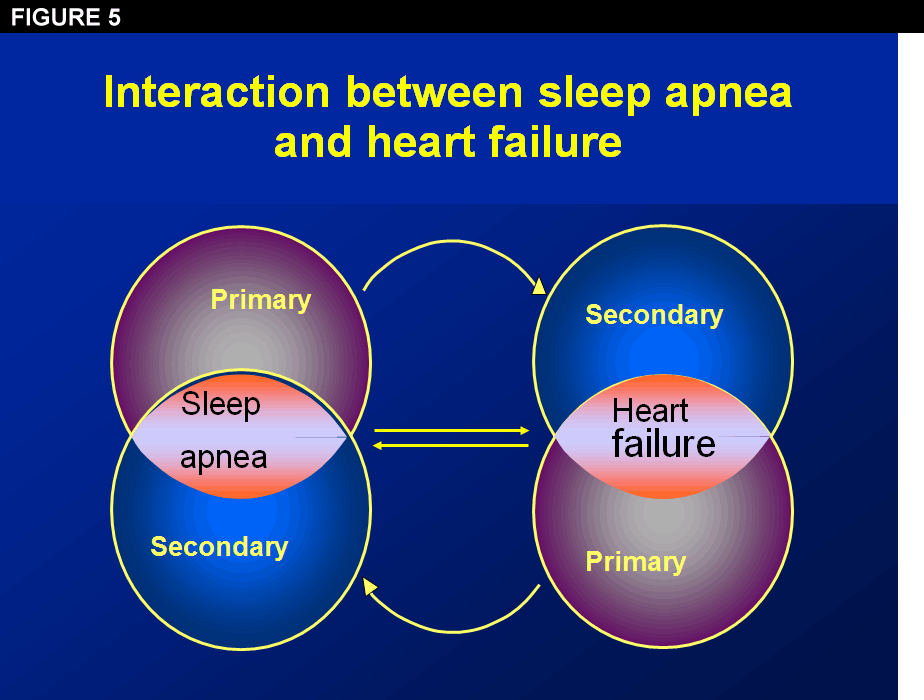
Basics of Sleep Apnea and Heart Failure American College of Cardiology
Sleep apnea can increase your blood pressure in several ways. When you stop breathing, even for a moment, the oxygen level in your blood can drop while the carbon dioxide levels increase.This can.
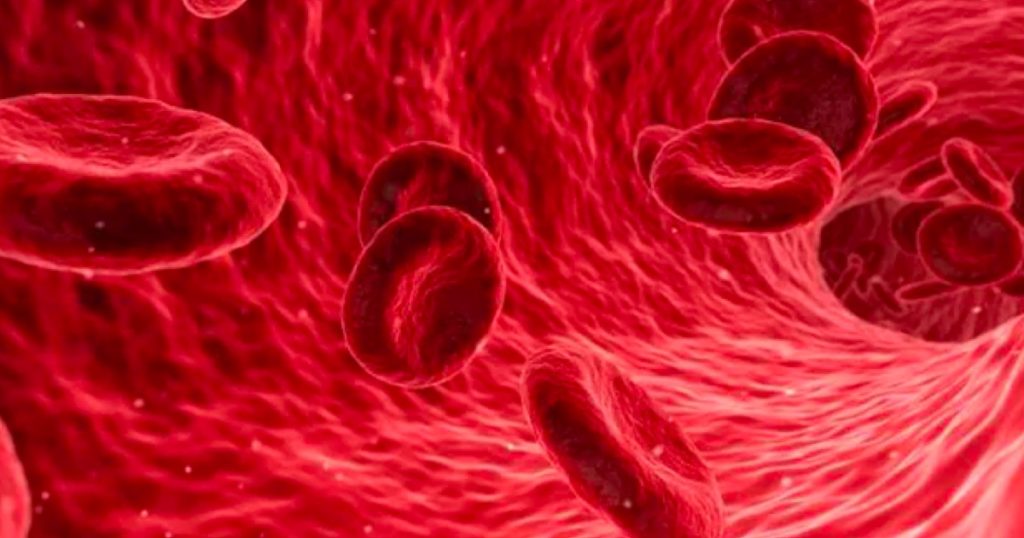
Low Blood Oxygen Levels in Sleep Apnea Caribbean Sleep Apnea
This can lead to low oxygen levels like we see with Obstructive Sleep Apnea. Numerous connections have been made between the onset of Central Sleep Apnea and a heightened risk of stroke. Due to the gradual decrease in oxygen flow to the lungs, the brain's blood supply can become interrupted, which is a major risk factor for stroke.
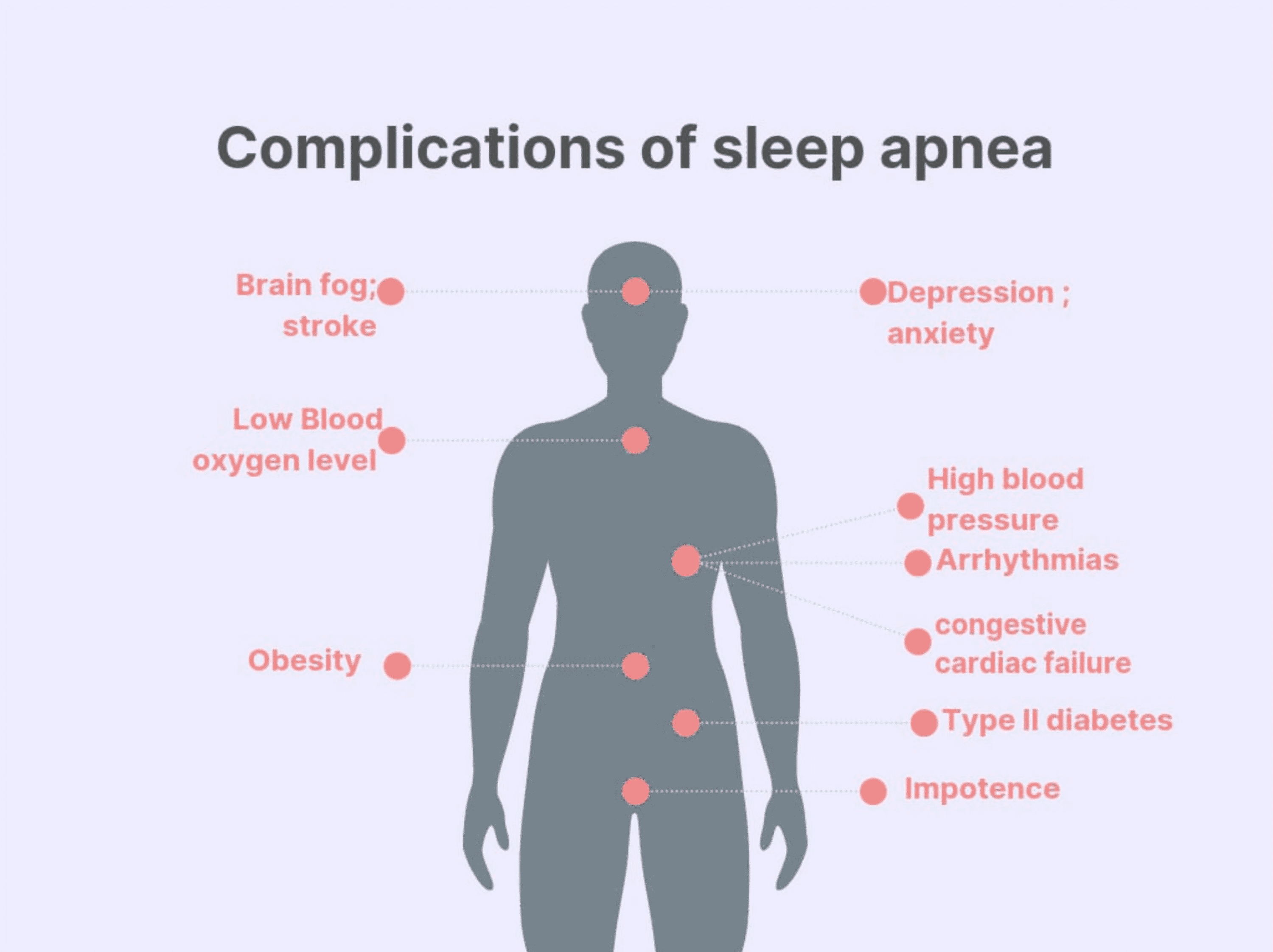
Cureus The Management of Obstructive Sleep Apnea in Primary Care
Repeated surges in blood pressure levels can damage the lining of the blood vessels, and sleep disturbances can also raise levels of harmful LDL cholesterol and other blood fats. These changes may lead to clogged arteries and poor heart muscle function. People with untreated sleep apnea are twice as likely to have a heart attack compared with.

Sleep Apnea Belpre Dental Studio
The blood oxygen level of some people with sleep apnea can drop by more than 4 percent when they're sleeping. In a 2021 study , researchers found longer and deeper drops in blood oxygen levels.